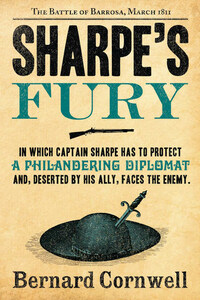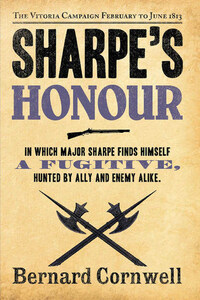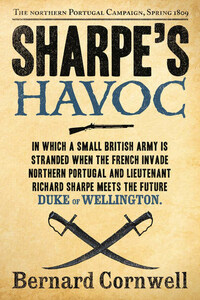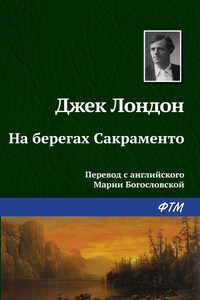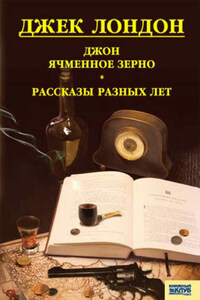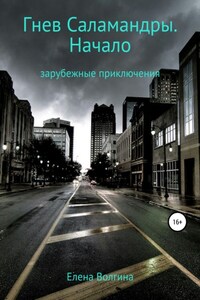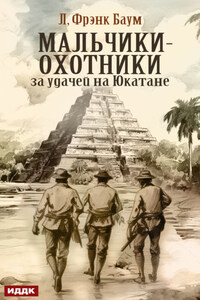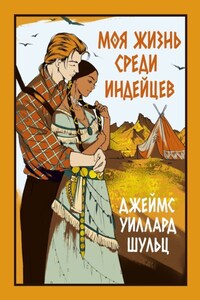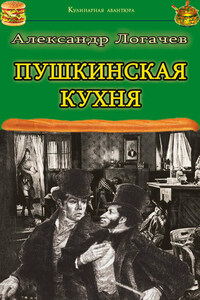Published by HarperCollinsPublishers Ltd
1 London Bridge Street
London SE1 9GF
www.harpercollins.co.uk
First published in Great Britain by HarperCollinsPublishers 2006
Copyright © Bernard Cornwell 2000
Map © Ken Lewis 2006
Bernard Cornwell asserts the moral right to be identified as the author of this work
A catalogue record for this book is available from the British Library
EPub Edition © September 2011 ISBN: 978 0 00 733866 5
This novel is a work of fiction.
The incidents and some of the characters portrayed in it, while based on real historical events and figures, are the work of the authorâs imagination.
All rights reserved under International and Pan-American Copyright Conventions. By payment of the required fees, you have been granted the non-exclusive, non-transferable right to access and read the text of this e-book on-screen. No part of this text may be reproduced, transmitted, down-loaded, decompiled, reverse engineered, or stored in or introduced into any information storage and retrieval system, in any form or by any means, whether electronic or mechanical, now known or hereinafter invented, without the express written permission of HarperCollins e-books.
Version: 2017-05-06
You were never far from the sea in Cadiz. The smell of it was always there, almost as powerful as the stink of sewage. On the cityâs southern side, when the wind was high and from the south, the waves would shatter on the sea wall and spray would rattle on shuttered windows. After the battle of Trafalgar storms had battered the city for a week and the winds had carried the sea spray to the cathedral and torn down scaffolding about its unfinished dome. Waves had besieged Cadiz and pieces of broken ship had clattered on the stones, and then the corpses had come. But that had been almost six years ago and now Spain fought on the same side as Britain, though Cadiz was all that was left of Spain. The rest of the country was either ruled by France or had no government at all. Guerrilleros haunted the hills, poverty ruled the streets and Spain was sullen.
February, 1811. Night time. Another storm beat at the city and monstrous waves shattered white against the sea wall. In the dark the watching man could see the explosions of foam and they reminded him of the powder smoke blasted from cannons. There was the same uncertainty about the violence. Just when he thought the waves had done their worst another two or three would explode in sudden bursts and the white water would bloom above the wall like smoke, and the spray would be driven by the wind to spatter against the cityâs white walls like grapeshot.
The man was a priest. Father Salvador Montseny was dressed in a cassock, a cloak and a wide black hat that he needed to hold against the windâs buffeting. He was a tall man, in his thirties, a fierce preacher of saturnine good looks, who now waited in the small shelter of an archway. He was a long way from home. Home was in the north where he had grown up as the unloved son of a widower lawyer who had sent Salvador to a church school. He had become a priest because he did not know what else he should be, but now he wished he had been a soldier. He thought he would have been a good soldier, but fate had made him a sailor instead. He had been a chaplain on board a Spanish ship captured at Trafalgar and in the darkness above him the sound of battle crashed again. The sound was the boom and snap of the great canvas sheets that protected the cathedralâs half-built dome, but the wind made the huge tarpaulins sound like cannons. The canvas, he knew, had once been the sails of Spainâs battle fleet, but after Trafalgar the sails had been stripped from the few ships that had limped home. Father Salvador Montseny had been in England then. Most Spanish prisoners had been put ashore swiftly, but Montseny was chaplain to an admiral and he had accompanied his master to the damp country house in Hampshire where he had watched the rain fall and the snow cover the pastures and where he had learned to hate.
And he had also learned patience. He was being patient now. His hat and cloak were soaked through and he was cold, but he did not stir. He just waited. He had a pistol in his belt, but he reckoned the priming powder would be sodden. It did not matter. He had a knife. He touched the hilt, leaned on the wall, saw another wave break at the streetâs end, saw the spray dash past the dim light from an unshuttered window and then heard the footsteps.
